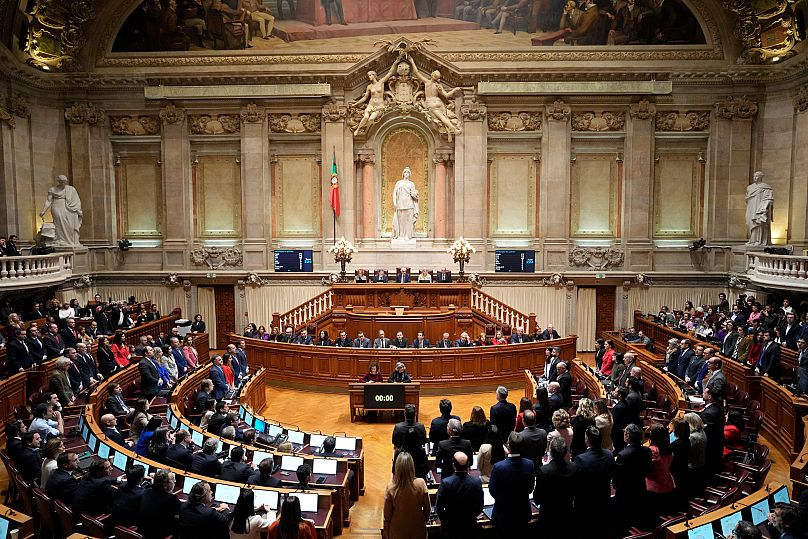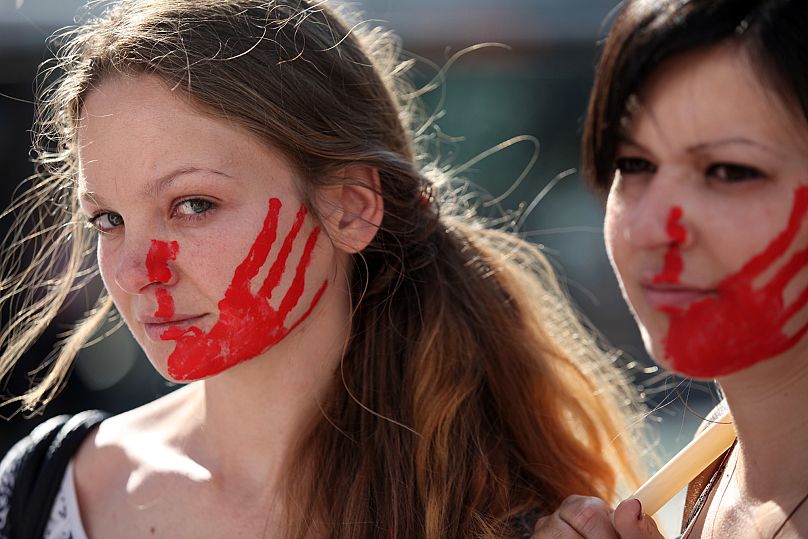Several Socialist Party (PS) MPs voted in favour of the reclassification, despite their party's official abstention on some proposals.
The Portuguese parliament re-classified rape as a public crime on Friday, giving authorities the power to investigate and prosecute cases without a formal complaint from the victim.
 ADVERTISEMENT
ADVERTISEMENT
 ADVERTISEMENT
ADVERTISEMENT
The proposals from Bloco de Esquerda (BE), LIVRE and PAN passed with support from Social Democratic Party (PSD) and the right-wing Chega.
Under the new rules, witnesses can report rape and investigations can begin immediately, regardless of whether the victim wants to press charges.
But some PSD and Chega MPs abstained from voting, sparking questions in the chamber.
Several Socialist Party (PS) MPs also voted in favour of the reclassification, despite their party's official abstention on some proposals.
That opposition sparked questions in the chamber, prompting PS parliamentary leader Eurico Brilhante Dias to release a video explaining the party's position.
"By making this crime public, the Public Prosecutor's Office no longer consults the victim before moving forward," he said.
"The automatic nature of this change removes the victim’s voice and we cannot shut out someone who has suffered such a horrific crime."
Despite finding broad consensus in parliament, several parties had technical or procedural concerns.
Mariana Mortágua from BE said the bill may now head to committee for legal details, such as how investigations begin or the nature of witness protection, can be discussed to reach a broader agreement.
"The goal is to avoid unnecessary confrontation at this stage and work toward a strong, unified law in the specialty phase," she said.
The approved law brings changes to the Penal Code, Criminal Procedure Code and the Victim’s Statute.
The change marks the end of Portugal’s outlier status and brings it in line with other European countries.
Previously, Portugal sat alongside Italy and San Marino as not classifying rape as a public crime, a position which human rights campaigners had long criticised as being a contravention of the Istanbul Convention, the European Council's international framework for preventing violence against women.
In 2019, Portugal's parliament unanimously changed the law to expand the definition of rape to cover all sex without consent, joining just seven EU countries with such a wide definition.
Lawmakers and campaigners in Portugal argued the law, which previously required prosecutors to show that an attack involved "violence", had failed to protect people attacked while they were unconscious or coerced into having sex against their will.












